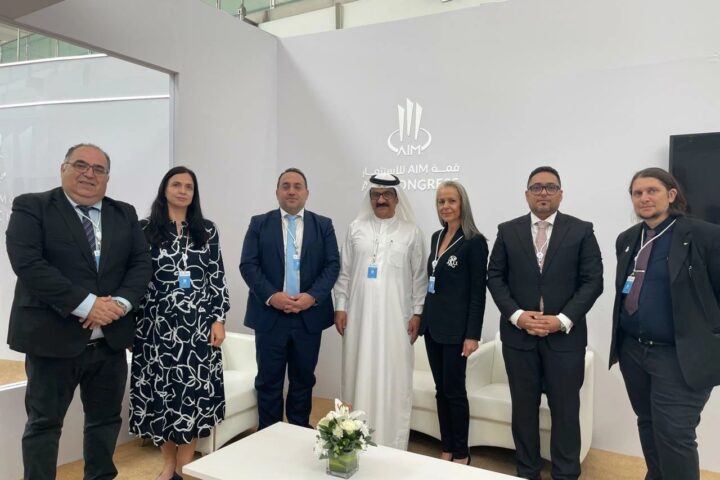Saudi Aramco has offered unusually high volumes of straight-run and cracked fuel oil in the past two months, due to an extended outage at its Ras Tanura refinery and upgrading tests at Rabigh, industry sources said on Friday.
The state oil firm has offered an unprecedented eighth cargo of straight-run A960 fuel oil in the past month from Ras Tanura, as its hydrocracker, which has been down since early March, is not due to restart till at least mid-May, traders said.
It also offered its third cargo of cracked 380-cst fuel oil for export in the past month, due to testing of a new thermal cracking unit at Rabigh, a process which is producing excess volumes of the A962 grade, industry sources said.
Aramco's eighth A960 parcel is for May 10-12 loading, and comes after having sold seven 80,000-tonne cargoes of the grade for late-March to early-May loadings.
"There's another A960 cargo offered for May 10-12 and Aramco tells us they are targeting mid-May for restart of the hydrocracker," said a Singapore-based fuel oil trader.
"But the start-up is prone to delays, particularly at Ras Tanura, which has a poor performance history."
The A960 cargoes are high-quality feedstocks used by Asian refiners to process into higher-value products such as naphtha and gas oil. Aramco only sells it when it is unable to use the fuel oil itself.
This is the third time in three years that Aramco has sold large volumes due to the outage at the 44,000 barrels per day (bpd) hydrocracker.
It sold similar straight-run feedstocks in February last year following an outage, and again in May-June 2007 when technical snags delayed the restart of the hydrocracker following a routine turnaround at the Ras Tanura plant.
It also offered an A960 parcel in late October 2005 when a scheduled restart of the hydrocracker was again delayed.
TESTING THERMAL CRACKER
From its Rabigh refinery, Aramco is offering an A962 cracked fuel oil cargo for loading on April 19-21, estimated to be its sixth since February, traders said.
They said France's Total bought the previous two A962 cargoes for loading on March 20-24 and April 5-7.
"Aramco is commissioning a new thermal cracking unit at Rabigh, and while they are trying to bring this online, this has resulted in production of excess A962," said one source.
Another trade source said there could also be a glitch in the fluid catalytic cracking (FCC) unit in the Rabigh refinery.
Saudi Arabia's gasoline imports will rise 17 percent to 80,000 bpd in April from March, as the kingdom looks to make up for a shortfall due to refinery maintenance, industry sources have said. [ID:nLU141937]
Aramco's problem-ridden hydrocracker in Ras Tanura also processes residues into gasoline, and the rise in imports was partly linked to its unplanned outage, traders said.
Its four A960 parcels for late-March to early-April loading were bought by ConocoPhillips, Itochu, Vitol and an unknown refiner, with prices ranging from a small discount to a slight premium to Singapore spot quotes.
Two 80,000-tonne cargoes for loading on April 12-13 and 18-20 were bought by Total and by Itochu, at a premium of around $3.00 a tonne to Singapore spot quotes, on a free-on-board (FOB) basis, traders said. The May 3-5 loading parcel was taken by an unknown buyer.
A960 cargoes are typically sold at high premiums of $10-$12 a tonne to Singapore spot quotes, but the historically low prices transacted have resulted from the recent slump in 180-centistoke (cst) prices.
Huge supplies of high-quality, low-viscosity blendstocks, such as gas oil, Dar Blend crude and slurry, have reduced the value of the 180-cst grade as a viscosity cutter.
Demand from China, Asia's top importer of the straight-run 180-cst grade, has also been tepid as heavy stockpiles, accumulated ahead of the country's Jan. 1 fuel tax hike, continued to weigh on the market.
However, traders said the market could improve towards May on a lack of supply from Europe, following a permanent cut in some refining capacity due to poor margins there.
And once the Saudi refinery issues are resolved, traders expect Middle Eastern supplies to tighten along with the peak summer demand season, soaking up fuel oil for power generation.







